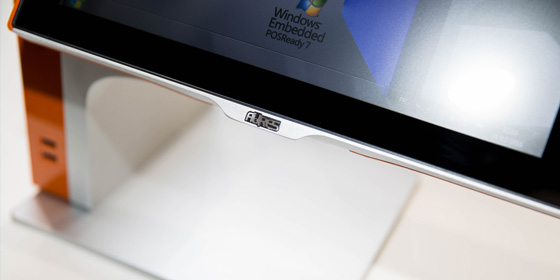By Paul Hudson, Business Development Manager, AURES UK
Right at this very moment, companies around the world are hard at work building out the infrastructure for an innovation that promises to transform mobile connectivity.
Fifth generation mobile technology – 5G – is likely to get its first commercial roll outs in 2020, perhaps some in 2019. It promises to build on the success of 4G, which has made high-speed broadband quality data connections from mobile devices the norm, but also go a lot, lot further.
In fact, 5G is widely seen as the development that will take mobile connectivity beyond smartphones and other familiar mobile devices. By offering enormous capacity, incredible speeds and ultra-low latency, there are those that believe it will become the new connection standard, replacing fibre broadband. Instead of using Wi-Fi, and therefore having to always be signed in to a router, every network connection will use 5G.
Every connection will therefore become mobile by default.
Many people across many industries anticipate this as a breakthrough moment. 5G will finally allow the Internet of Things to take off and reach its full potential. 5G will mean we can all ride around in driverless cars. 5G will see Smart Cities emerge where AI-powered networked sensors do everything from manage traffic flows to optimise energy use for maximum efficiency to make sure your bins get collected only when they are full.
But what about business and commerce? Is there any reason, for example, for people in retail and hospitality to get excited?
Cut through the crowd
One idea is that, because 5G’s massive capacity will allow so many more devices to be connected, we will see the emergence of ‘smart stores’ full of sensors, along the same lines as a next generation IoT factory. But instead of automating industrial processes, these sensors will be there to connect to shoppers’ phones, to give them information about items they are browsing, to send them special offers via push notifications etc.
The idea is to create a more engaging and responsive shopping experience, but also to enable more customer data to be collected than ever before.
Mobile connections are already important in retail and hospitality environments, in areas like card payment terminals and mobile EPOS. These will benefit from the greater reliability 5G promises, especially in scenarios where the sheer number of connections within a relatively confined geographical area threatens to cause a log jam.
In places like packed sports stadia and arenas, at busy outdoor events like festivals where caterers and retailers rely on mobile, on large education campuses and in the biggest shopping centres, the sheer number of people trying to connect, mostly using their phones, can interrupt card transactions and make mobile EPOS terminals work sluggishly. This is equally frustrating for operators and for their customers, and can literally lead to money being lost as sales don’t go through or take longer than they should.
For large-scale deployments in the most crowded environments, this is the most immediate and obvious benefit 5G will bring. Capacity will be so large, it is expected that there will rarely be any issues with data bottlenecks, even if everyone is trying to stream ultra HD video at once.




